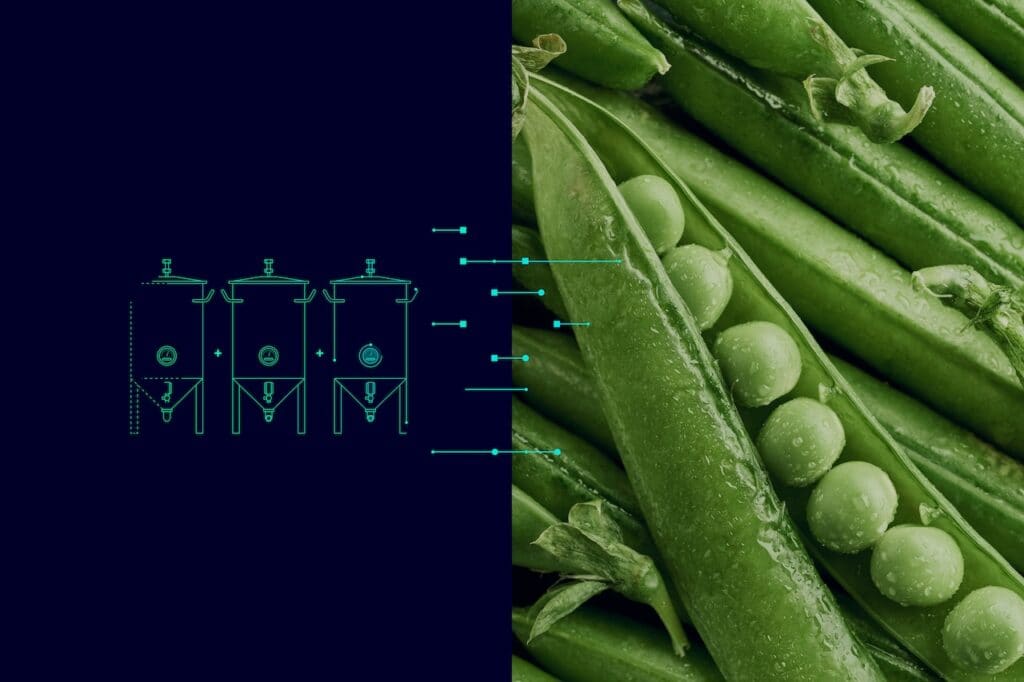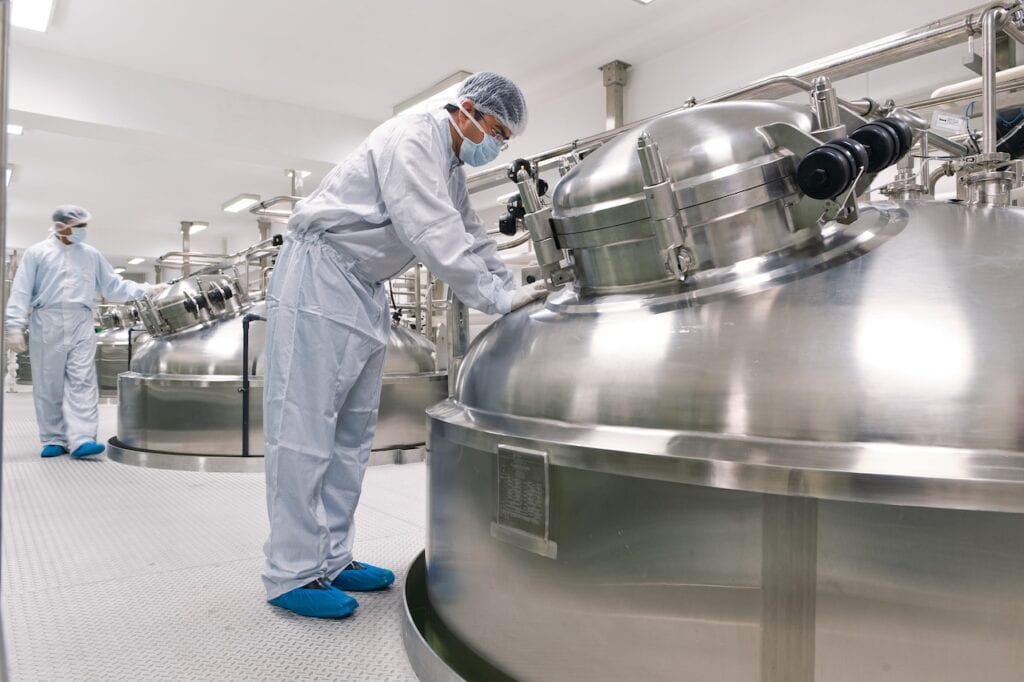Felix Ockert is the New Food Account Manager at Siemens, responsible for the German market. With 10 years of experience in food production machinery and as a trained food technologist and brewer, he brings extensive industry expertise.
In his role at Siemens, Felix advises and supports customers from the food industry in optimizing their production facilities and processes using state-of-the-art automation and digitalization solutions. His deep understanding of industry requirements and his many years of experience help him develop customized solutions that significantly improve productivity, quality and sustainability in food production.
In this guest contribution, he discusses the significance of a digital process twin in food processes with the aim of improving efficiency and product quality.
The Need for Efficient and Sustainable Production Methods in Plant-Based Food Manufacturing
In today’s food industry, implementing sustainable and efficient production methods is crucial, especially given the rising global demand for plant-based products and alternative proteins. This demand is driven by increasing environmental awareness and a preference for healthier food options. In this context, process digital twins play a pivotal role in optimizing production processes. By leveraging this technology, companies can enhance their processes through precise simulations and analyses, leading to reduced experimentation phases, reduced risk in commercial scale-up, less downtime, and minimized resource consumption and environmental impact in production. Such technological advancements not only contribute to more sustainable production but also enhance the competitiveness of businesses.

Implementation and integration of process digital twins
Implementing process digital twins into existing business structures involves several steps, beginning with a detailed analysis of the existing processes. Siemens works closely with companies to design a solution that considers specific requirements and objectives. Providing end-to-end support and optimization, which includes integrating the software into the company’s IT systems, is critical to building long-lasting value. This deep integration enables seamless data communication crucial for quick adaptations to market changes. Through an approach of advanced simulation and analysis, offerings such as gPROMS foster continuous process improvement, leading to significant cost savings and performance enhancements.
Companies benefit from a holistic approach that ranges from analyzing existing processes to integration and optimization. This allows them to increase their production efficiency, improve sustainability, and strengthen their competitiveness in the market.

Siemens software supports critical processes
The gPROMS software was developed to enable food companies to master complexity by enhancing quality and efficiency in the manufacturing of foods. The software supports critical processes such as fermentation in bioreactors, membrane filtration, lyophilization, and chromatography, which are essential for maintaining sustainability and product quality.
By precisely modeling these processes through a physical science-based approach, gPROMS enables in-depth analysis and optimization that goes beyond traditional, purely data-driven methods. This serves to be particularly advantageous when scaling up laboratory methods like fermentation or cell cultivation to industrial processes, where the technology helps to identify and overcome bottlenecks, improve energy efficiency, and reduce overall operating costs of the plant.
In practice, process modeling software has, for example, contributed to the improvement of spray dryers in the food industry, which has reduced production throughput times and lowered energy consumption. Further application examples include the reduction of energy and water consumption in reverse osmosis, as well as the improvement of product quality after ultra-high temperature treatment. Additional application areas include cell cultivation as well as fermentation.
Visit Siemens – Alternative Proteins for more insights.






